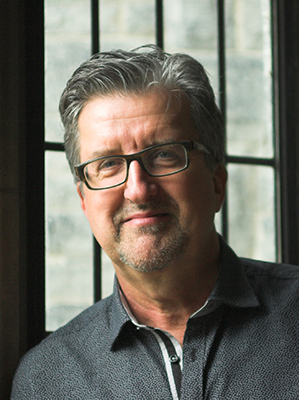Posted August 9, 2023
The Interview – Dave Carley
Dave Carley
Dave Carley is a Toronto-based playwright whose plays have had close to 500 productions across Canada, the United States and in many countries around the world. They include Midnight Madness, Writing with our Feet (nominated for the Governor General’s Award), After You, an adaptation of Margaret Atwood’s novel The Edible Woman, Taking Liberties, and Orchidelirium. Dave is the former editor at the Playwrights Union of Canada (now Playwrights Guild) and, for many years, was both script editor at CBC Radio Drama and play editor for Scirocco Drama. Dave’s most recent full-length works have been Twelve Hours; an adaptation of Al Purdy’s novel A Splinter in the Heart, and Canadian Rajah. He is currently completing a new work for stage: Hope is a Bird. For more on Dave, go to www.davecarley.com
Dave, most of your plays, even the love stories and the comedies, have a political dimension. Characters often have clashing points of view, yet they’re able to connect in spite of their differences. What do you think works such as INTO, Taking Liberties, or Twelve Hours have to offer in today’s polarized political landscape?
Perhaps nothing. I hate to be pessimistic, but I don’t see theatre reaching across any great divides these days. We’re preaching to the choir.
In many of your plays, the town of Ashburnham plays a large role. Tell us more about Ashburnham and the space it occupies in your imagination.
Ashburnham is an enchanting part of my hometown, Peterborough. Although I live in Toronto now, that city remains the place I dream about. I know where at least some of the bodies are buried.
You’ve done numerous adaptations, including a stage version of Margaret Atwood’s The Edible Woman, and also A View from the Roof, an adaptation of Helen Weinzweig’s short stories. What’s that process like?
It varies from book to book, but it’s always a fascinating challenge to burrow into the work and minds of other writers. A challenge, privilege and great responsibility.
One of your most notable gigs was as the long-time Script Editor for CBC Radio Drama. You’re also the author of a number of acclaimed radio dramas, including Al Purdy at the Quinte Hotel about the remarkable poet, and The Final Hour, about D-Day. Can you compare and contrast radio and live theatre? What do you love about audio drama?
Audio drama is intensely personal. It evolves entirely inside your head. It’s rich to hear and immensely flexible. I recommend it to everyone, both to listen to and create.
You have an extensive catalogue of short plays. Why do you like writing short plays? Where have yours been performed?
Short plays are good discipline. They make you focus. I am currently curating a festival of ten-minute wonders in Port Hope and I’m astonished at how much the playwrights are able to say within just a few minutes.
Dave, you’re a prolific playwright and producer who always has a project on the go. What are you working on right now?
I am finishing a play about species extinction. It’s called Hope is a Bird and centres around a couple who find the last survivor of a species previously believed to be extinct—the Ivory-Billed Woodpecker. The play asks how far we should go to save a particular species—when so many are at risk, and there is so little time.
Do you have any pithy advice for aspiring playwrights?
Persevere. Don’t wait for someone to produce you. Do it yourself. Forget dramaturgy; find a good director. If you can, avoid working with people exactly like yourself. They might not teach you anything you don’t know already. It’s better to be triggered than to be lulled. Love and respect your actors; they are bravely saying your words. And, above all, persevere. I can’t say that often enough.
-
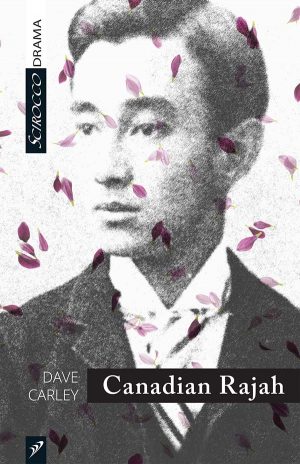 Canadian Rajah$9.99 – $15.95
Canadian Rajah$9.99 – $15.95 -
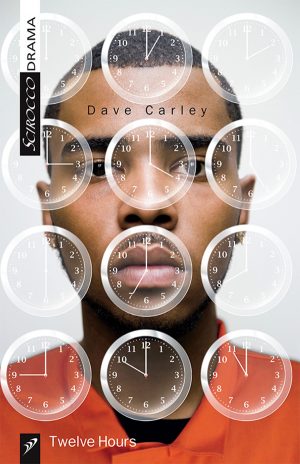 Twelve Hours$9.99 – $15.95
Twelve Hours$9.99 – $15.95 -
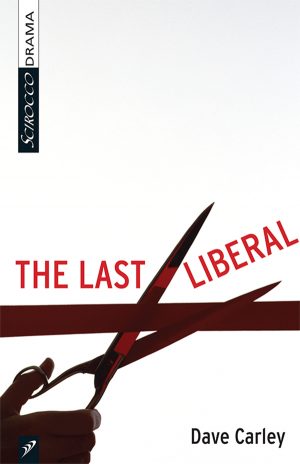 The Last Liberal$14.95
The Last Liberal$14.95 -
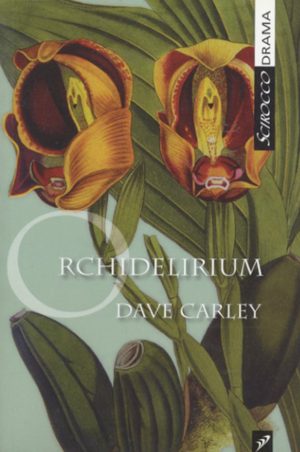 Orchidelirium$14.95
Orchidelirium$14.95 -
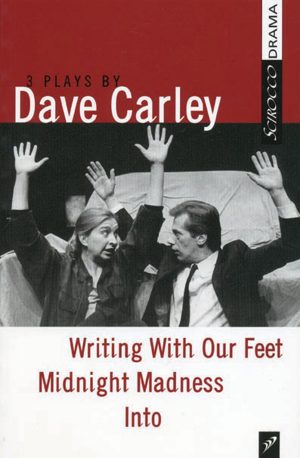 Dave Carley: Three Plays$22.95
Dave Carley: Three Plays$22.95 -
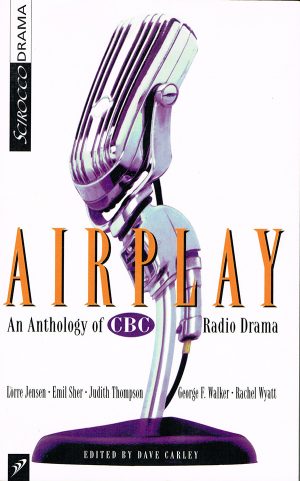 Airplay: An Anthology of CBC Radio Drama$18.95
Airplay: An Anthology of CBC Radio Drama$18.95 -
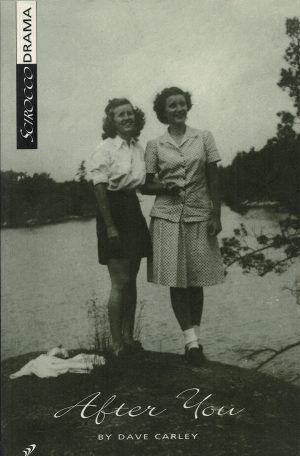 After You$12.95
After You$12.95 -
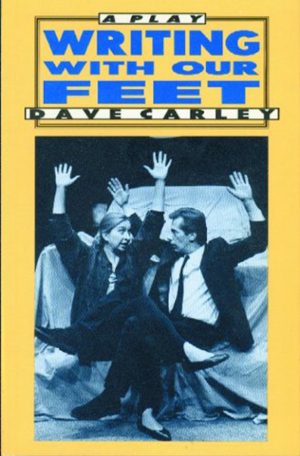 Writing With Our Feet$10.95
Writing With Our Feet$10.95

